Trilateral Commission holds Belgrade meeting
A meeting of the European branch of the Trilateral Commission was held over the weekend in Belgrade.
Monday, 03.11.2014.
09:43

Trilateral Commission holds Belgrade meeting
The agency added that the Commission is "a discussion group often called 'the world's shadow government'."Trichet, who opened the meeting, said that the members of the global economic and political elite had come to Belgrade to discuss issues faced by Europe, the future of European integration and the Western Balkans, and the current situation in Russia and Ukraine.
He pointed out that a few days from now was an anniversary celebrating the fall of the Berlin Wall and the return to a Europe that was integrated and free, and told Prime Minister Vučić that the Commission would be there for Serbia on its road to the EU.
Addressing the participants, Chairman of the Serbian National Group at the Trilateral Commission Jovan Kovačić said that the region suffered from “too much history and little understanding” and that we should do all to change that legacy for the sake of future generations.
The Commission has been discussing issues concerning this region, where history has brought great chaos, on a regular basis, he said, observing that Belgrade had been run down by 250 armies and razed to the ground more than 40 times over the course of history.
The situation is similar in the rest of the region. We owe our children not to leave them such a legacy, said Kovačić.
Opening the three-day meeting together with Trichet, Serbian Prime Minister Aleksandar Vučić extended words of welcome to the members of the Commission and said that Serbia would be an agent of peace and promoter of stability in the future.
"We need cooperation more than ever before," Vučić said, urging the participants to work together for a better future for all.
The Trilateral Commission was co-founded in New York in 1973 by the wealthy American banker David Rockefeller and Zbigniew Brzezinski, advisor to the then U.S. President Jimmy Carter. It was established as a result of a disagreement between the Bilderberg Group and its member Rockefeller on whether Japan should be admitted to the club.
The Trilateral Commission was established for a term of three years with an aim to foster closer economic and political cooperation of US and Canada with Europe and Japan. It operates as a kind of an international foreign affairs council, renewing its term every three years, with the current term expiring in 2015.
In addition to concentrated political power, the core of this organization is capital. As a result, the Trilateral Commission brings together officials of the World Bank, European Central Bank, International Monetary Fund and most major international banks.
It also advocates for the interests of multinational companies.
Although the Commission's activities have always been discreet, they also included the media, that is, top media officials who were allowed to attend the meetings on condition that nothing of what they heard could be released to the public, even unofficially.
What the public could have learned about the "one world plan" is that the Trilateral Commission intends to consolidate and control the four centers of power: political, monetary, intellectual and spiritual, all in the interest of creating a more peaceful and more productive global community.
The European group originally comprised the West European countries, members of the then European Economic Community (ECC). As the EEC expanded, new members joined the Commission.
Croatia joined the Trilateral Commission in 2012, and starting from last year, Serbia is its youngest member. Besides Norway, Serbia is the only country in the European group that is not an EU member state.
"Great place"
Aleksandar Vučić said on Saturday that Serbia wanted and would be part of the solution and promoter of stability in the Western Balkans.Welcoming the participants of a meeting of the Trilateral Commission in Belgrade on Saturday, Vučić said that strong countries had clear ideas concerning the principles of democracy and market economy and those societies alone had the strength to deal with the challenges of the 21st century.
Serbia wants and will be part of the solution and a promoter of stability in this part of the world as much as possible. We will contribute to a better global society, while fostering tradition and our national interests. Only a world of equals can be a world of the future, said Vučić.
The Serbian prime minister stressed that Serbia's key foreign policy objective was membership of the EU, pointing out that Serbia wanted to find its place in Europe not only in economic but also in political terms.
Vučić said that he did not want to hide his satisfaction about the European Commission’s progress report for the current year, but he was confident that the year to come would be even better.
We will be far more successful when we complete the reforms, but we need to put in more effort, he said.
Observing that Serbia had been the first country in South East Europe to start fiscal consolidation measures without external pressures, Vučić said that the measures were welcomed by the International Monetary Fund (IMF) and the World Bank (WB) and other relevant institutions.
Vučić pointed to Serbia’s unique strategic advantage arising from its trade agreements with the Russian Federation, the EU and China and other countries, and urged Serbian partners to use it, just like the friends from the UAE, who had recognized the advantage.
Serbia, he stressed, was a natural ally of the United States and other countries in the fight against terrorism and global threats to the world, and would continue contributing to that fight.
Serbia’s chairmanship of the OSCE next year will show that Serbia is committed to resolving all issues and problems by peaceful means, Vučić said.
Vučić recalled the signing of the Brussels agreement, which he said was signed for the very reason of finding peaceful means to resolve issues between Belgrade and Pristina, adding that he was looking forward to seeing the government in Pristina formed so that the talks could be resumed.
The Serbian prime minister said that relations in the region have never been better.
Despite the recent serious incident at the Euro 2016 qualifier between Serbia and Albania, Albanian Prime Minister Edi Rama is coming to Serbia in about ten days from now, the first such meeting after 68 years, Vučić said, expressing the expectation that he and Rama would be able to find “the lowest common denominator” to serve the interests of both countries.
Recalling the fact that all the countries of the Western Balkans were en route to Europe, the prime minister stressed that Serbia stood ready to take part in joint projects.
A better future is at hand for us in the Western Balkans and Serbia, and in contrast to the situation a century ago, we are ready to go ahead in the direction of the future. Belgrade is a great place for dialogue and exchange of opinions and agreements about the future. We have big plans for our country and plenty of ideas to help our citizens live better lives, concluded Vučić.










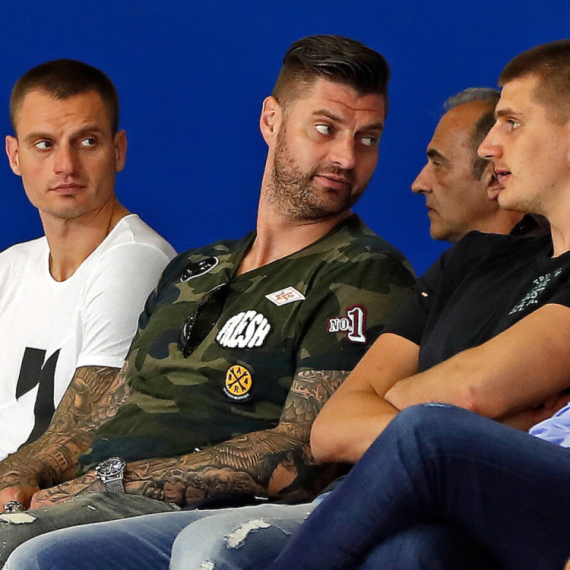
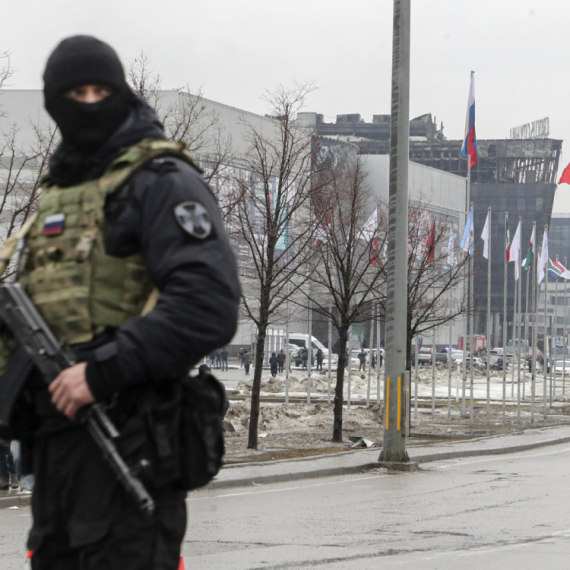
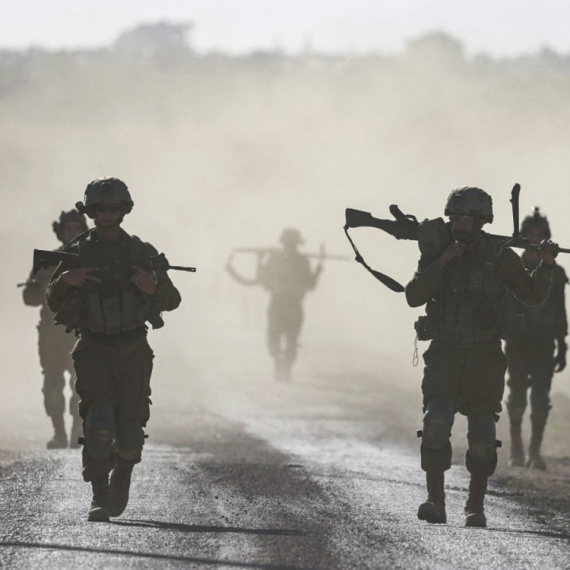

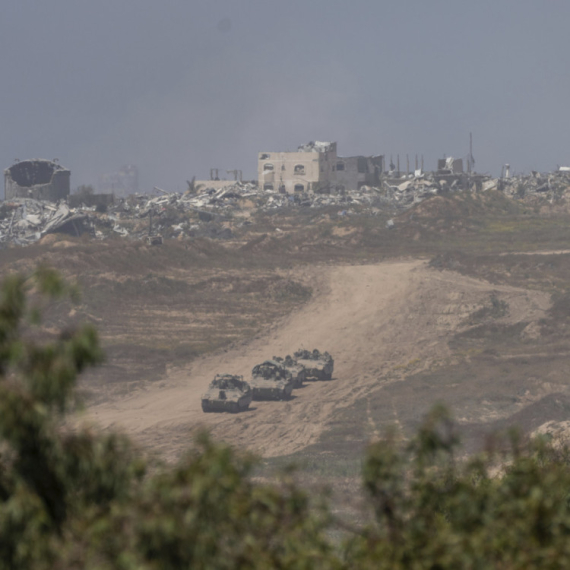
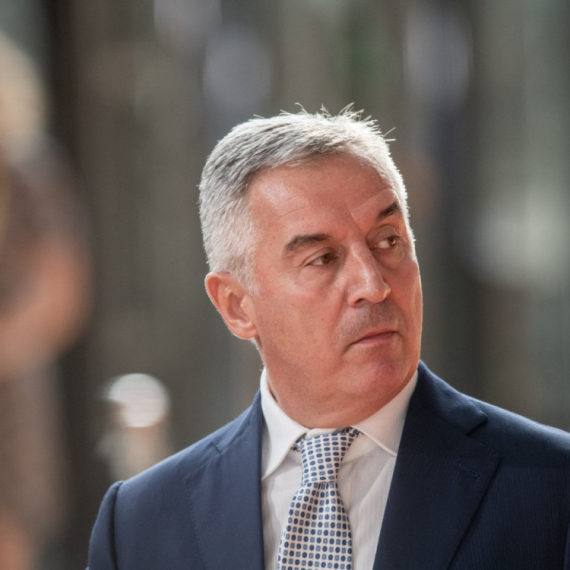
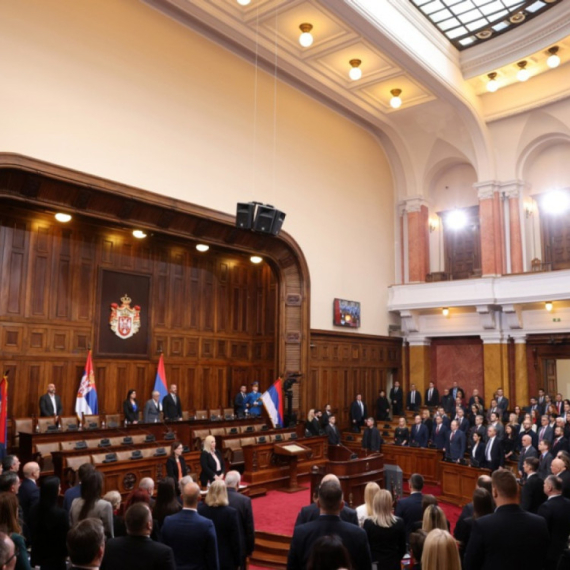

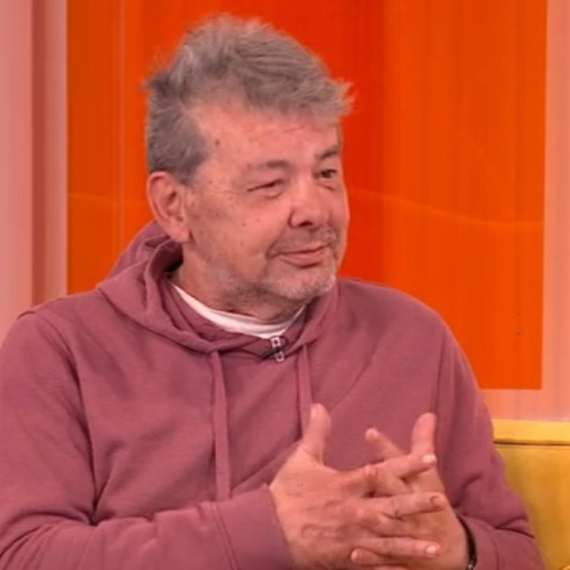
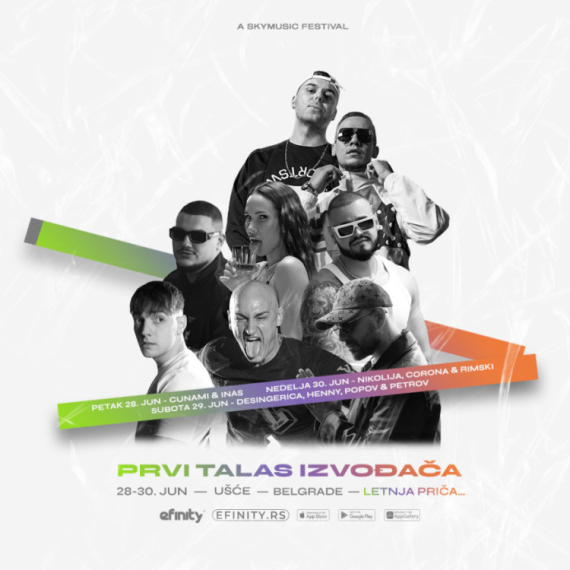




























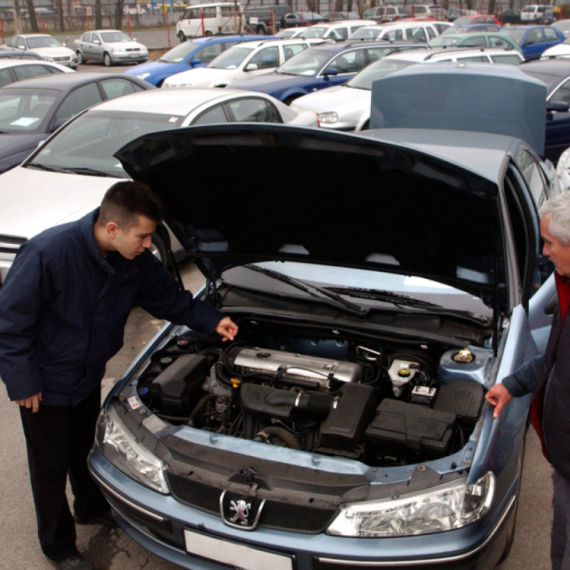







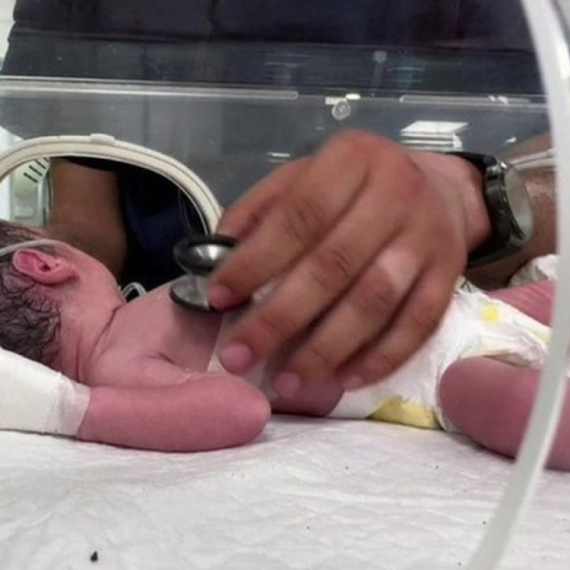

Komentari 0